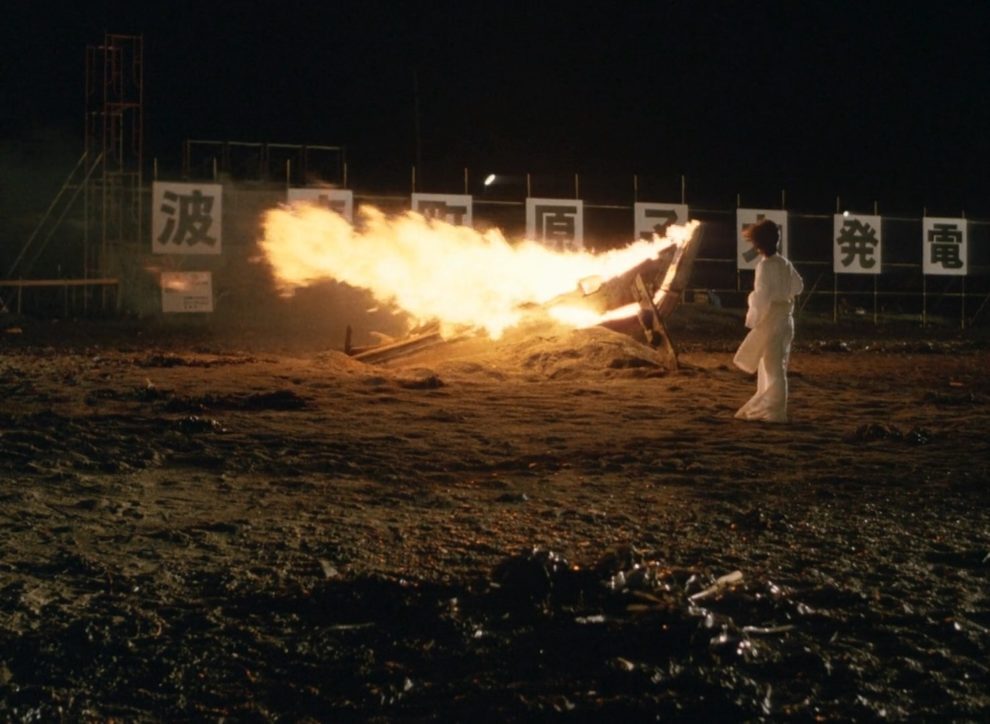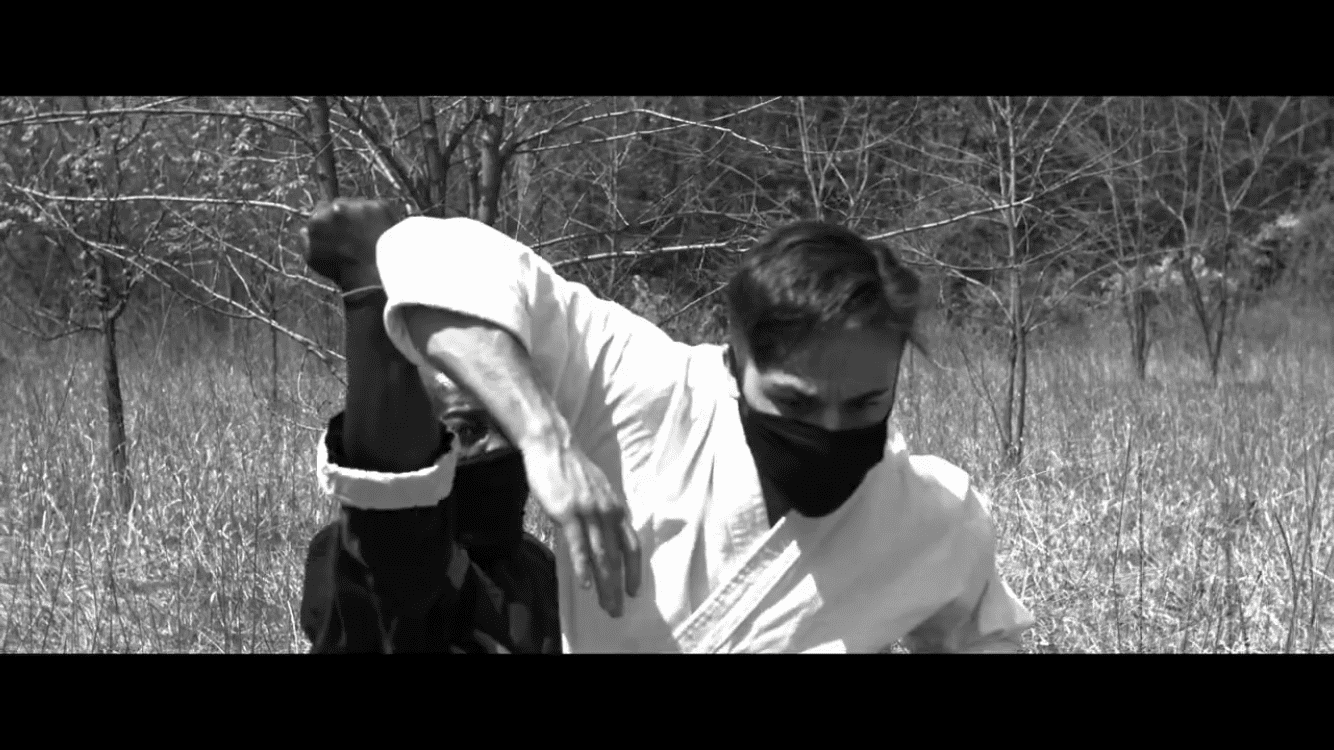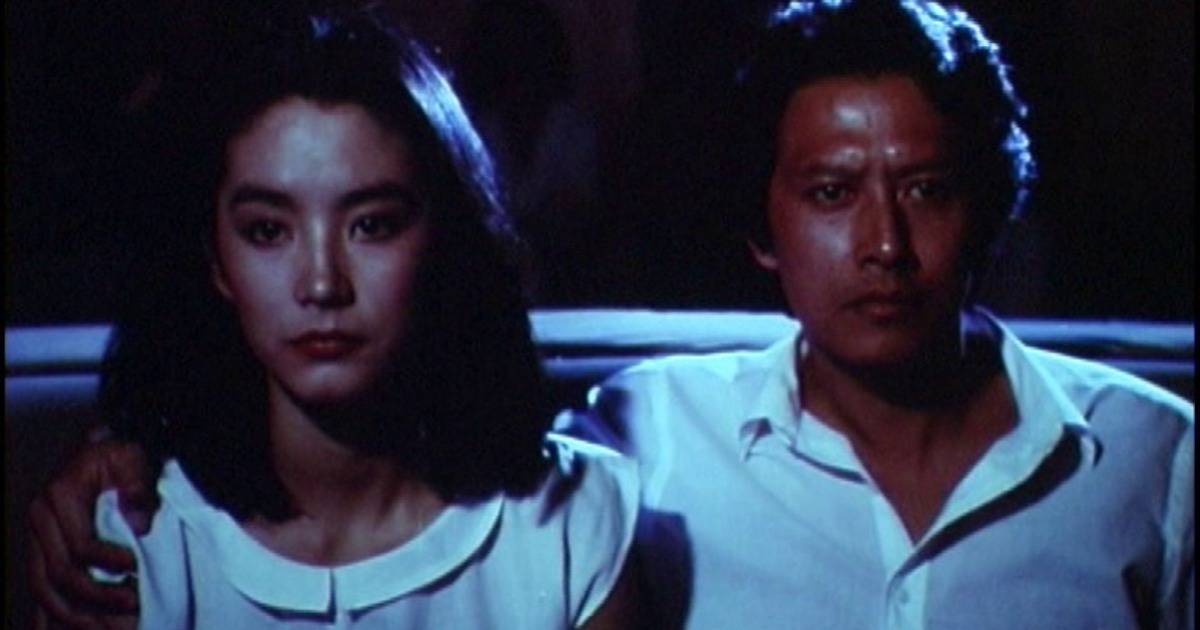Fans of Japanese horror are almost certain to be familiar with the infamous “Evil Dead Trap” series, an odd amalgamation of East meets West with an absurd edge only really experienced through Japanese cinema. “Evil Dead Trap” is one of those films that is perfect to toi revisit around Halloween. But as we are heading into the summer months, a more idealistic choice would be the other genre-bending film from Toshiharu Ikeda that paints a very violent picture framed by the gorgeous backdrop of a seaside village.
“Mermaid Legend”, at points, has a very contemplative flow to the storytelling, moments of reflection on the seaside as well as a general romanticization of the industry tied to the sea–including some picturesque shots of the infamous pearl divers that have become the subject of interest in many films. The abrupt end to this solitude by way of Migawa (Mari Shirato) losing her husband to a murder-for-profit plot sends her spiraling into a world of sex and violence in order to exact revenge. While the set-up may be formulaic to most exploitation films, Ikeda builds up the fury of Migawa to a profoundness seldom captured in the genre. Furthermore, that transition into the “mermaid” offers a rather untraditional take that puts an intuitive spin on folklore (Takuya Nishioka penned the screenplay).
The feature contains one of the greatest single-shot action sequences committed to film, one that may not rival the “Old Boy” hammer scene in sensationalism but certainly trumps it in emotional intensity. Mari Shirato, throughout, presents herself as a force to be reckoned with and the final conclusion of the film is an immaculately constructed sequence elicits a strong cathartic reaction when following her quest for revenge.
“Mermaid Legend” is a buried gem, with its complementary balance of drama, exploitation, mysticism, and violence, and a dazzlingly violent and chaotic conclusion. It should be a must-watch for fans of Japanese cinema.














